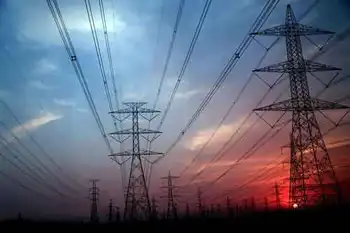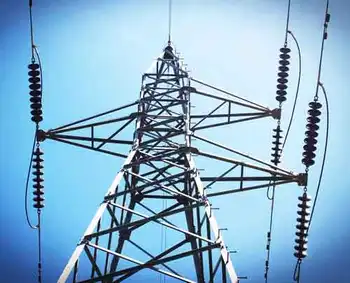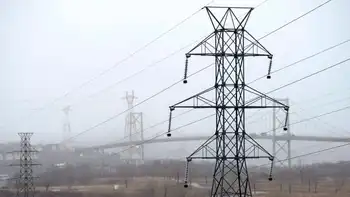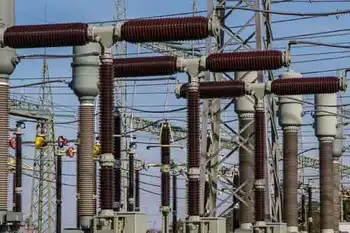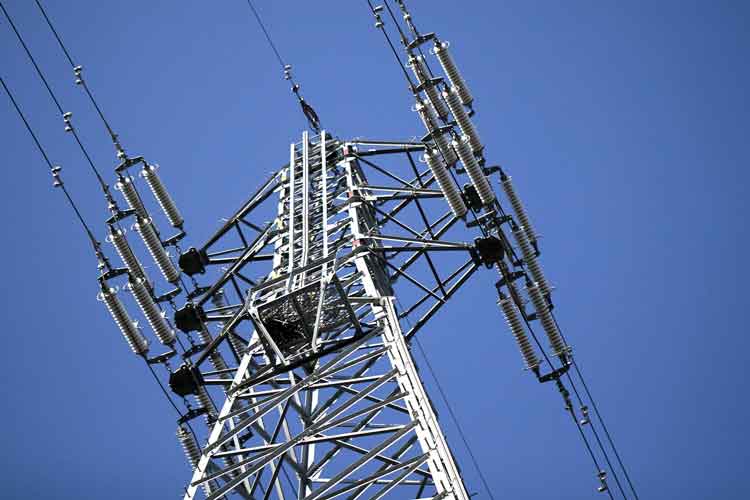China continues with coal gangue projects
By Industrial Info Resources
NFPA 70e Training
Our customized live online or in‑person group training can be delivered to your staff at your location.

- Live Online
- 6 hours Instructor-led
- Group Training Available
At least 200 million tons of coal gangue are discharged and stockpiled in China every year, and although gangue has a lower caloric value that coal itself, China will provide massive amounts of coal gangue to thermal power plants. Stockpiled coal gangue, usually dumped near coal mines, can have drastic negative effects on the surrounding environment, often releasing toxic organic substances such as polycyclic aromatic hydrocarbons into nearby water sources or into the water table.
In 2007, China began the development of at least 50 coal gangue-fired power plants, all of which will be completed this year. When completed, the projects will add at least 20 gigawatts of installed electricity to the national grid. China has additional coal gangue projects planned.
Yanzhou Coal Mining Company, is preparing to develop its own coal gangue-fired thermal power plant near the town of Zhaolou, which is about 400 kilometers south of Beijing in the Shandong province. Along with Shandong Electric Power Engineering Institute, YZC is planning to construct a coal comprehensive utilization plant capable of generating about 600 megawatts MW. The facility will process about 2,050 tons of coal per hour. YZC will invest about $440 million in the project and plans to wrap up construction toward the end of 2012.
Following the same schedule is Datang Huayin Electric Power Company Limited's comprehensive utilization plant, planned for construction near Heping Village, in Hunan province. The company will be working alongside Hunan Electric Power Design Institute to design and construct a $350 million thermal power plant that will generate 600 MW to supply base-load power to the grid.






